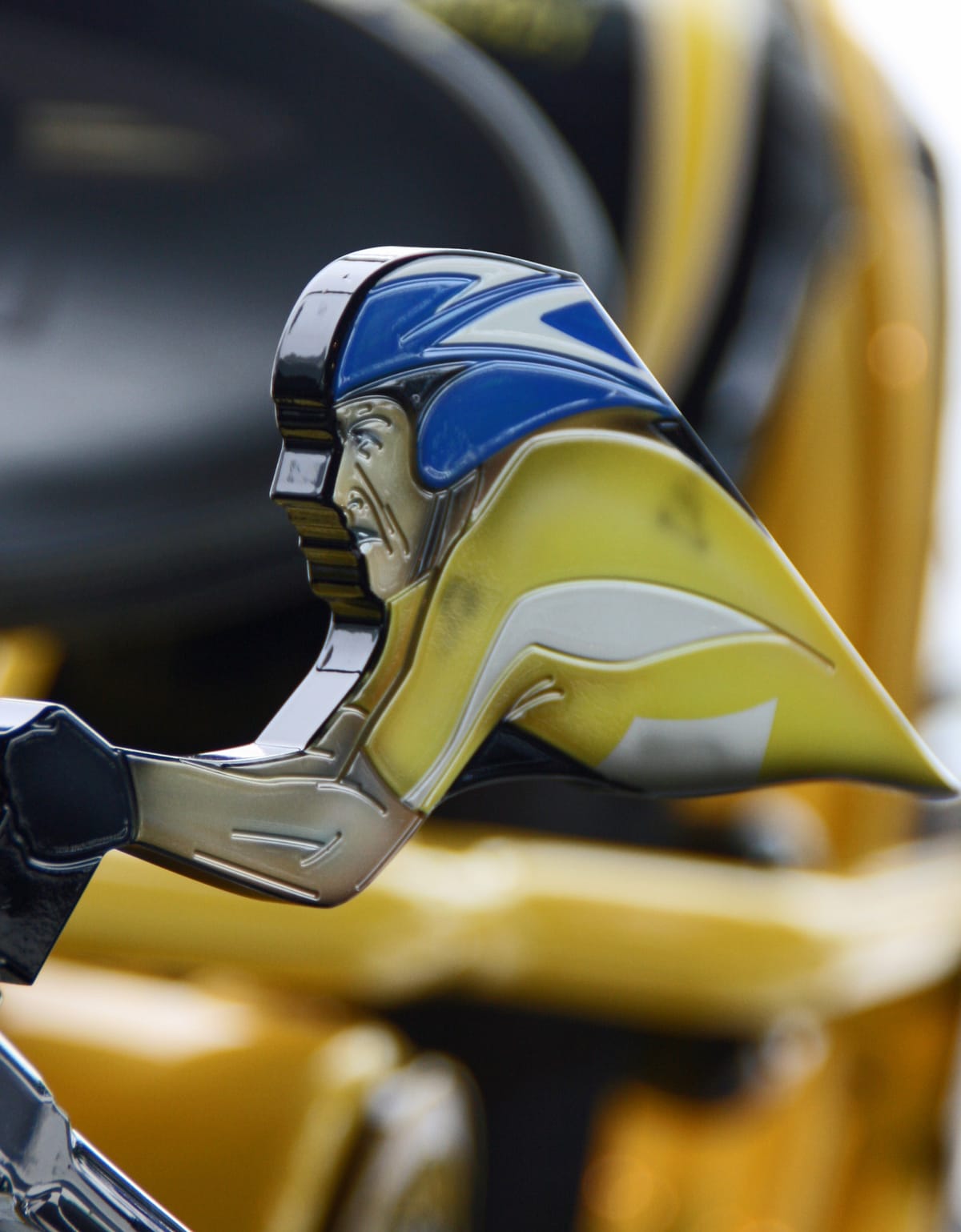Hedgestrong
Accused of fraud and perjury, Lance Armstrong is under fire from federal prosecutors. But, well, Wall Street got off. Options for the cyclist from a banker’s point of view.

First prosecutors targeted Barry Bonds and Roger Clemens. Now Lance Armstrong is in their crosshairs, with a federal grand jury investigating charges of fraud and perjury related to his alleged drug use. Some fans were shocked by the news; others rolled their eyes, knowing that a cyclist caught doping is like a ballerina caught dieting.
But we can all take pride in the persistence of our federal prosecutors. They watched as Wall Street pickpocketed the global economy, but they didn’t take the bait. They would not be distracted from their purpose. They guarded the line that must never be breached in civilized society: Grown men must never be allowed to cheat in televised sports.
The stories being told by Armstrong’s former teammates may appear damning, but we mustn’t rush to judgment. Armstrong deserves a strong defense, and who knows better how to evade legal consequences than Wall Street? Herewith, a few things Armstrong can learn from America’s bankers in defending himself.
Run out the clock
When Goldman’s executives testified before a Senate committee last year, Sen. Susan Collins accused them of trying to “burn through” the committee’s time by asking senators to repeat questions or by feigning incomprehension. Armstrong’s grand jury may not have the same rigid time constraints, but he could still attempt to break the will of the prosecutors. “Oh, I didn’t realize you were talking to me,” he could say, repeatedly. Or, confronted with specialized vocabulary—erythropoietin, peloton, etc.—Armstrong could ask the prosecutors to “please use the word in a sentence.”
Find a shield
Matt Taibbi recently recounted the story of an SEC investigator who got himself fired for pursuing a case against a powerful Wall Street exec he suspected of insider trading. Martha Stewart, though, was convicted of the same offense and served hard time. Armstrong should learn the obvious lesson from this—cooks make juicy targets—and try to frame Betty Crocker. (“She told me it was frosting!”) But if that doesn’t work, he needs to scramble for powerful connections. If he could get himself acquired by Goldman, for instance, he would secure himself a place inside the firm’s law-retardant coating. The deal would be good for Goldman, too, allowing the firm to boost its market-leading share of bad PR. And in the future, they might collaborate on a new line of yellow “Hedgestrong” bracelets.
Become too big to fail
During the economic meltdown, we were warned that if Citigroup went down, it might take civilization with it. The bailout, it seemed, was all that stood between us and a future of loincloths and muskets. So one clear error that Armstrong made, in retrospect, was his failure to tie up the welfare of nations with his (alleged) doping. It was naïve of him to act in isolation, but it’s correctible if he can act quickly. Maybe he could figure out a way to rush around and inject hormones into millions of young cyclists. It’s not clear how this would help his legal case, but once people start noticing that the streets are full of Lycra-clad bikers leaking testosterone from their eyeballs, chances are that Armstrong could slip away unnoticed to Guinea.
Make the misdeeds confusing
After a few head-scratching years spent trying to decipher “credit default swaps,” “NINA loans,” and “subprime debt,” Americans shrugged their shoulders and collectively turned their attention to Silly Bandz. Armstrong, too, can try to confuse people into submission. He could argue to the grand jury that EPO is basically a kind of CDO, and that it’s created by dividing erythrocytes into tranches and subsequently separating those tranches into discrete instruments of injection, and—voila!—the jurors are asleep. Not guilty.
Get friends in high places
The federal government is basically composed of two types of people: former Wall Street employees and future Wall Street employees. To be clear, there is no reason to think that this incestuousness would influence federal policy, unless of course you are someone who believes in conspiracy theories such as “logic.” At this point, it will be a stretch for Armstrong to load the Justice Department with famous cyclists—partly because of timing and partly because he is the only famous cyclist. But a little effort never hurt anybody.
Rally the Tea Party
It has been heartwarming to see the Tea Party join with Wall Street against government regulation, as though the freedom to keep a handgun in the closet were basically of a piece with the freedom to foreclose on the global economy. Lance can rally this same support—and stir public outrage about his prosecution—by staging his own anti-government protest. The posters practically scrawl themselves: “Get Big Brother Out of My Bloodstream,” “Hands Off My Hormones,” etc., and naturally France would be dragged into the matter as well, with Michele Bachmann insisting, “From now on, we’re calling it the ‘Tour de Freedom.’”
Of course, if all these tactics fail, Armstrong has one final trump card: to turn state’s evidence on a professional wrestler. Let’s face it, a lot of wrestlers are suspiciously jacked, and if they haven’t been earning their muscles the old-fashioned way, one earnest bicep curl at a time, then the public deserves a thorough investigation. Celebrity doping, after all, is where we must take our stand.
